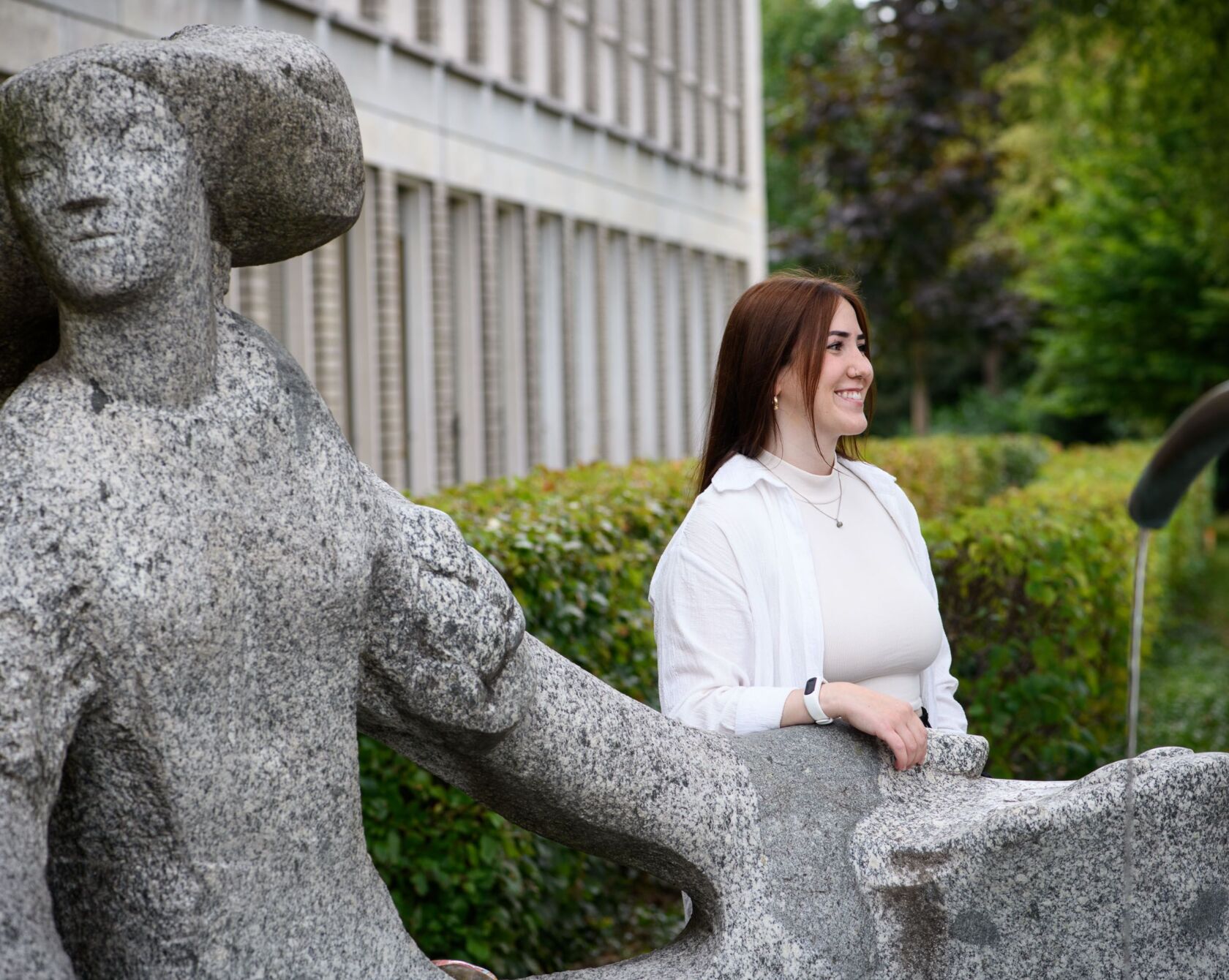Up to 18 percent of women are affected by polycystic ovary syndrome. And many people know nothing about it. Ramona Müller only received the diagnosis years after her initial visit to the doctor.
“When I think back, it all started at puberty. Even back then, my periods came at irregular and too long intervals. With the contraceptive pill, which regulates the hormone balance in the body, the symptoms disappeared. Nothing changed until I stopped taking the pill. As soon as I stopped taking them, however, all my dormant symptoms returned. I was increasingly worried about the irregularity of my periods in particular: I used to menstruate every four weeks on the pill, but the time in between increased to three months. I was also very concerned about the excessive hair loss.
When I mentioned the symptoms at my annual gynecological examination, I was advised to go back on the pill – because everything had been fine with it: beautiful skin, beautiful hair, regular periods. But that wasn’t an option for me. I wanted to know the cause, not fight the symptoms with a hormone pill. I knew that something was wrong inside me. So I persisted. I informed myself and had my hormones checked at a doctor’s appointment. It turned out that the male hormones were elevated, but even an ultrasound could not provide a definitive diagnosis. I felt left alone with my thoughts without any concrete treatment suggestions.
What actually is PCOS?
Polycystic ovary syndrome (PCOS or PCO syndrome for short) is a common hormonal disorder in women. It often causes a disrupted menstrual cycle and can lead to infertility. Find out more about causes, symptoms and progression.
When I brought up the findings again the following year with a new gynecologist, she referred me to a specialized doctor at Zurich University Hospital for further examinations. Many blood tests and ultrasounds later, I was finally given a definitive diagnosis – now five years after stopping the contraceptive pill. I was overjoyed to finally have a specialized doctor at my side who could help me. I am more than satisfied with the treatment at the USZ. Here, for the first time, I was not advised to simply take the pill again, but various forms of therapy were suggested.
Today I live with the prescribed medication, do more sport and pay attention to my diet, which also helps my body. I believe that there is still not enough awareness in dealing with the disease. I had never heard of PCOS before my diagnosis. It’s amazing when you consider that it’s the most common hormone disorder in young women! I would like to encourage young women to address the symptoms and insist on a clarification – in a specialized environment. We have to learn to shed our sense of shame. The diagnosis and the start of specific treatment have given me hope that I will be able to live without symptoms again in the future.”
